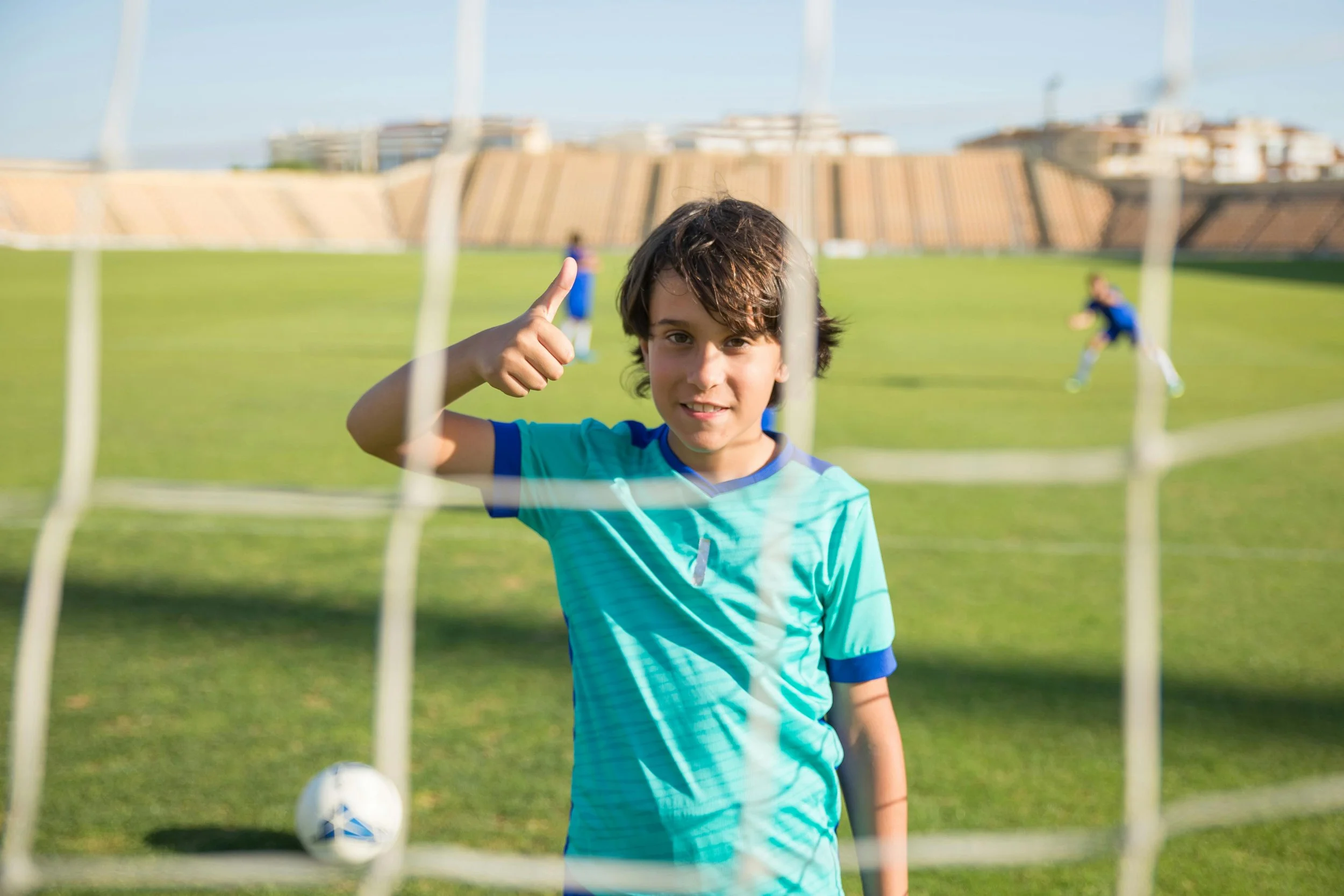How to Respond After a Bad Game
Everyone has bad games – it’s a fact of life. After a bad game, the most important thing is to respond in the best way possible. Now, what does that mean? Glad you asked. Here’s how you should respond to a bad game:
Accept and Process Your Emotions
Having an off day is incredibly frustrating. It’s only natural to experience heavy emotions after bad games, and there’s nothing wrong with feeling this way. Even the greatest players in the world aren’t immune to bad games, and though you might not see it, they get emotional afterwards, just like everybody else.
So, don’t reject the emotions you’re feeling. Accept them, let them wash over you, and don’t worry about how long it takes. Once you start feeling like yourself again, what’s important is to not put the game in a box and never think about it again. You should revisit the game and see what went wrong.
When You Feel Better, Re-Watch Your Performance
It sounds kind of crazy, but bad games are actually more valuable to your career than good games. Why? Because bad games teach you more about what you need to improve. Whatever obstacles that caused your bad game are opportunities to grow. The key to avoiding the same outcome is knowing what that obstacle is, and why you reacted the way you did.
You can access this vital information by re-watching your performance, and identifying the exact moments in which you made the wrong decision. What was it about this scenario that triggered this reaction? What could you have done differently?
If you can’t rewatch the game, think back to how the game went and how you felt at key moments. If you felt sluggish like your legs were heavy, how did your pregame preparation go? Did you get enough sleep the night before? What did you eat before the game?
Identify Your Mistake and Move On
When you know exactly what you did wrong, you are given control back and can feel more confident about the future. This allows you to learn and grow from the game like a true professional.
If you still had no idea what went wrong, the experience would continue to haunt you, and you’d be worried about happening again in your next game. In this sense, re-watching your performance provides a sense of closure so you can regain your focus, concentrate on the task at hand, and put this experience behind you.
At Beyond Goals Mentoring, we know that high-level sports comes with heavy emotions, and athletes aren’t always prepared to handle them. That’s why we’re dedicated to helping young athletes develop the mental tools to adapt to adverse situations and control their emotions, just like their favorite athletes.
So, if your athlete is struggling with a recent setback, let’s set up a mentoring session today.

